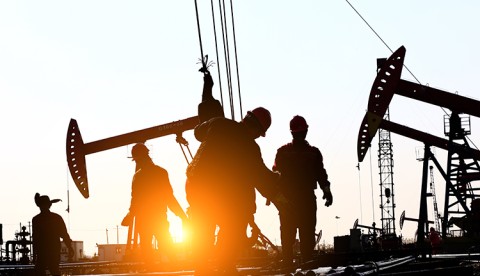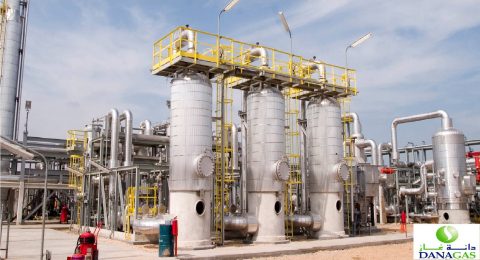The Organization of Petroleum Exporting Countries—OPEC—is driving US oil and gas rigs to some of their lowest levels in a decade, Bloomberg said.
The oil cartel ramped up production at the same time as the US in late 2014, leading to a massive oversupply of oil. Countries leading the charge are largely Arab Gulf nations such as Saudi Arabia, which has endured massive budget shortfalls since the price decline.
The move to increase production is largely understood to have been a play to reduce US producer share as shale operations are more expensive than conventional wells OPEC controls. The decision was assumed to have quite immediate effects, but the rebalancing of the sector has taken longer than expected.
“It’s taken a hell of a long time and it will continue to take a long time — U.S. oil production has been more resilient than people thought,” said Mike Wittner, head of oil markets research at Societe Generale SA. “The bottom line is the re-balancing has begun.”
Oil prices have declined by over 30% since the decision was made at an OPEC meeting in November of 2014. As more and more US producers are shuttering operations, it seems that OPEC’s gamble is paying off.
“Their strategy is still working for them,” said Miswin Mahesh, an analyst at Barclays Plc in London. “It means pain now, but in the medium-to-long term they will reap the fruits of a more balanced market, moderated shale supplies, growing demand for oil and ultimately a higher price.”
OPEC’s gambit has not come without costs. Governments in countries such as Venezuela and Algeria are finding themselves strapped for cash, even as their spending needs increase due to social unrest and terrorism.
Even Saudi Arabia—a kingdom well positioned to endure the crisis—is feeling the pain. Last week it announced it would delay payments to contractors and IOCs as it faces a cash crunch.
As Iran prepares to enter the market after sanctions fall away in the coming months, the petroleum minister—Bijan Namdar Zanganeh—is calling on OPEC to cut production and raise prices, The Telegraph noted.
“Opec should decide to manage the market by reducing the level of production,” he said, until the price of a barrel of Brent crude enters a range of $70 to $80 a barrel,” Zanganeh said.











